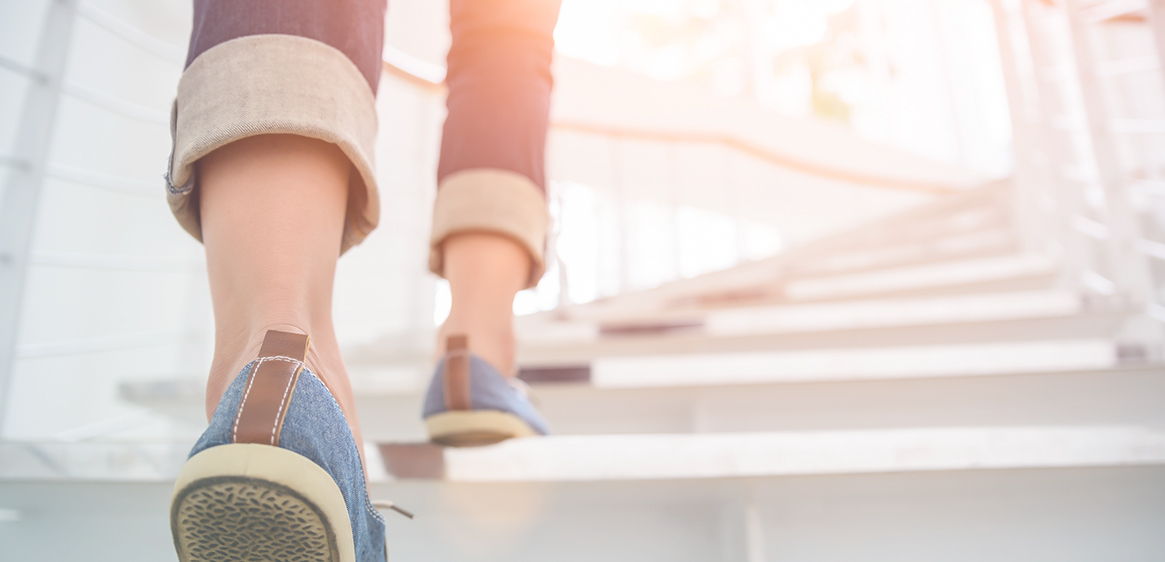Before & After Surgery

Before Your Surgery
We want you to be as healthy as possible for your surgery in order to experience the best results and the quickest recovery. Prior to your surgery, please follow these guidelines for your health and safety:
- We recommend that you stop smoking at least one month prior to your surgery. This includes e-cigarettes and vaping. Nicotine decreases blood flow and prevents healing after surgery and increases your risk of infection.
- Increase your activity. Aim for 30 minutes of walking or other aerobic activity daily to build strength.
- Improve your nutrition. Add protein supplements such as Boost or Ensure to help your body heal after surgery
- You may be asked to lose weight prior to hernia surgery for a more successful repair and reduced rate of recurrence.
- Check with your insurance company to make sure you don’t need a prior authorization for the surgery.
Our providers may refer you to our Optimization Clinic, which helps patients prior to complex surgical procedures. Being more informed about your preparation for surgery will help with your recovery.
Learn More About the Optimization Clinic
Please ask your physician about any additional steps you should take before your surgery.

After Your Surgery
Most inguinal and umbilical hernia patients will go home the same day. You also may be able to go home the same day if you have a ventral or incisional hernia repaired robotically or laparoscopically. After your surgery, you’ll want to know what to expect and how you can speed your recovery safely. Following these guidelines will make your post-surgery experience more pleasant.
What to expect:
- You may not be hungry at first. Eat smaller meals more frequently, and drink plenty of water to stay hydrated. Stay away from soda or carbonated beverages until you’re feeling better.
- Your abdomen may feel tighter after hernia repair, and there may be some swelling.
- You may be sent home with an abdominal binder. Wear this as long as it provides comfort. Most patients use these binders for two to four weeks.
- Constipation is common after surgery. You may start taking stool softeners such as Colace or Senna right away after surgery. Stool softeners and laxatives, such as Miralax or Milk of Magnesia, are available without a prescription.
- Ice may help to reduce the swelling for the first 48 to 96 hours. Then use heat to ease muscle soreness and relax tight muscles.
- You will be given a prescription for narcotic pain medications, but take them only when needed as an adjunct to ibuprofen or Tylenol. Remember, narcotic pain medications can make you constipated.
- You may use ibuprofen and acetaminophen in addition to prescription pain medication to help with pain control. Remember, some pain is useful in telling you something needs checking.
- For men, swelling and bruising in the penis and scrotum can be normal. To reduce these symptoms, an athletic supporter (jock strap) may be helpful after inguinal hernia repair.
- A small amount of bleeding or drainage is expected from the wound during the first one or two days.
- Always talk to your surgeon about weight restrictions and return-to-work options.
- For large hernias, you may have surgical drains in place to help your incision heal. You may want to have someone help you with this care when you return home.
What we ask of you:
- You will be encouraged to walk to prevent blood clots, muscle weakness and constipation.
- You may shower one or two days after surgery, but avoid baths, hot tubs, soaking or swimming for at least two weeks.
Things to watch for:
- You will be asked to see your surgeon in one to three weeks after surgery.
- If you notice a fever greater than 101 degrees Fahrenheit or drainage from your wound, let your surgeon know by calling 763.780.6699.
